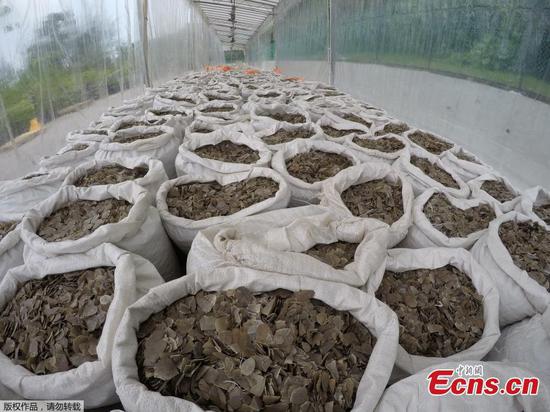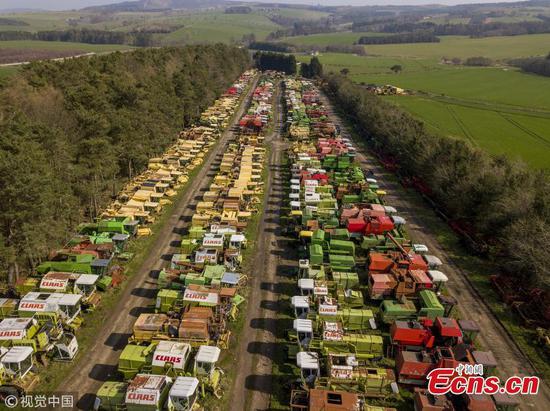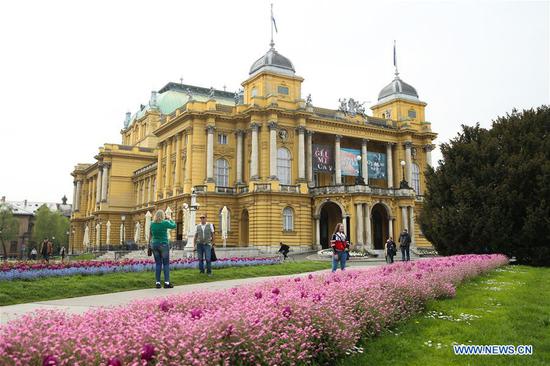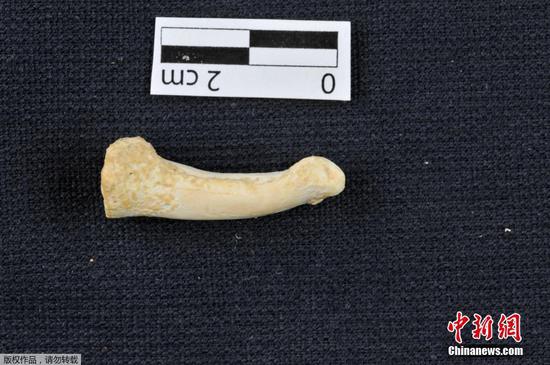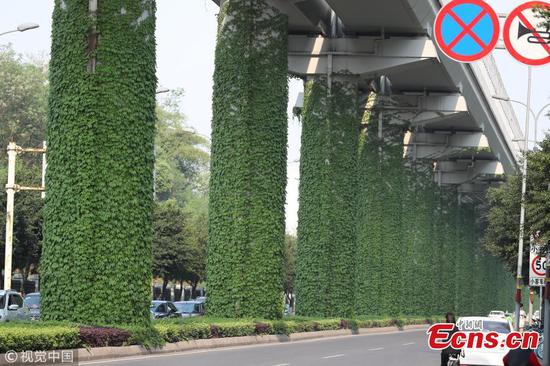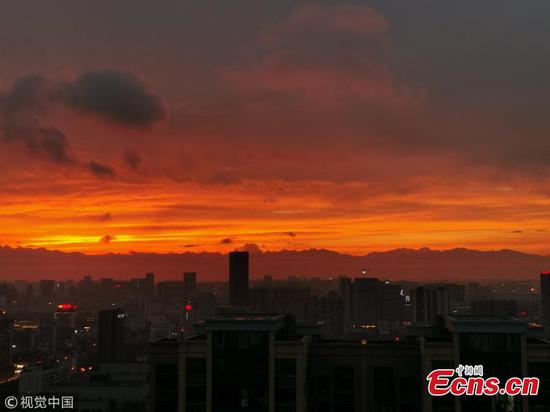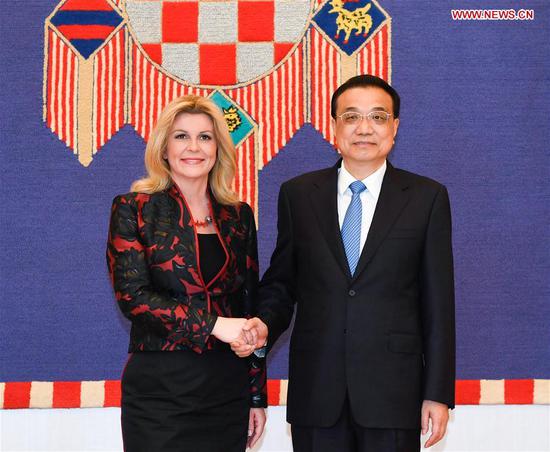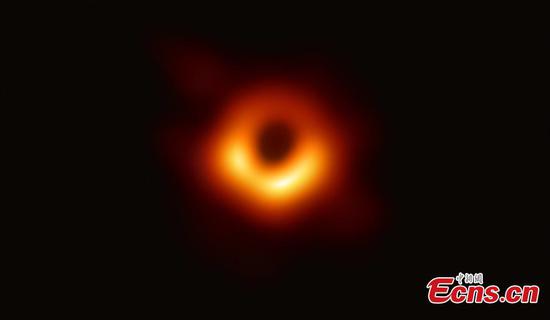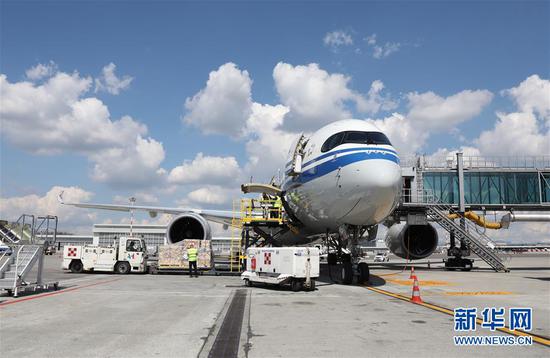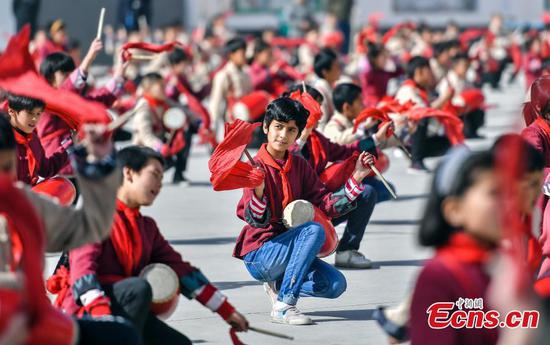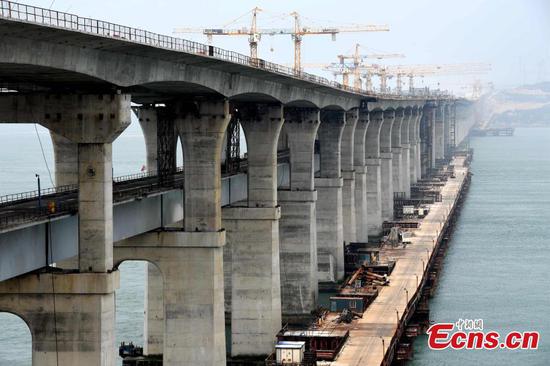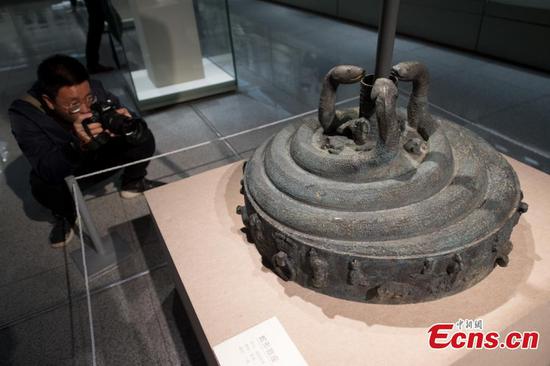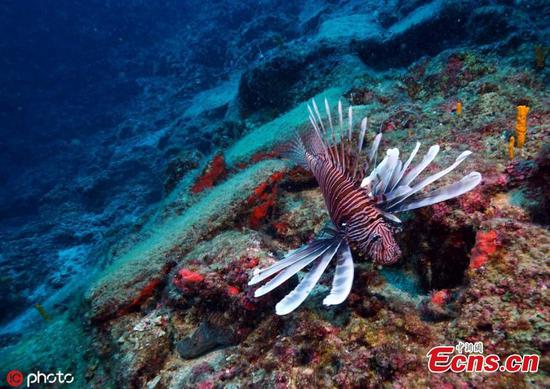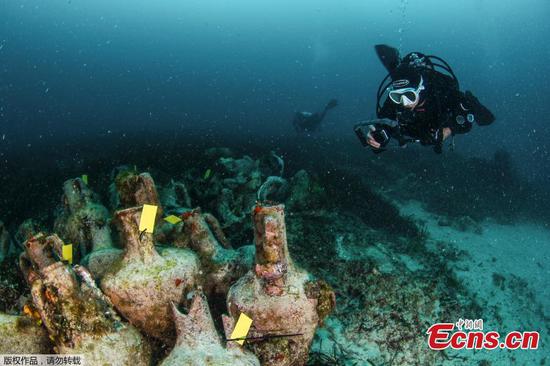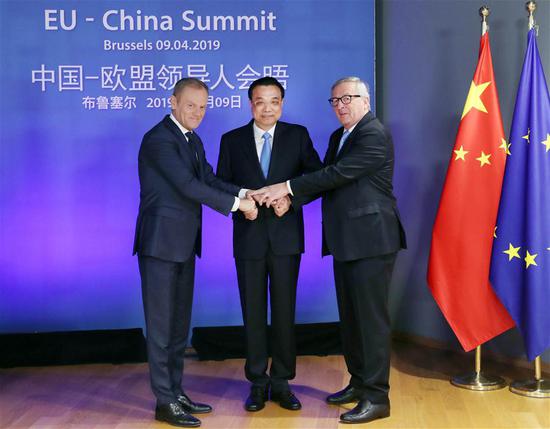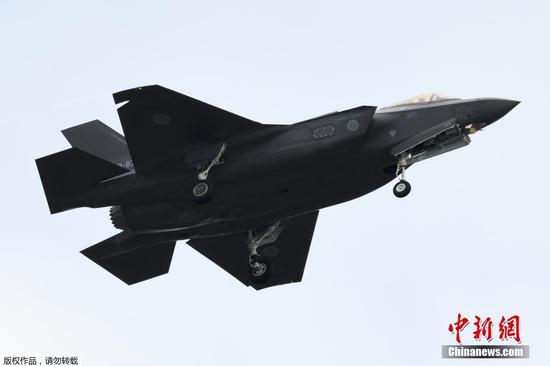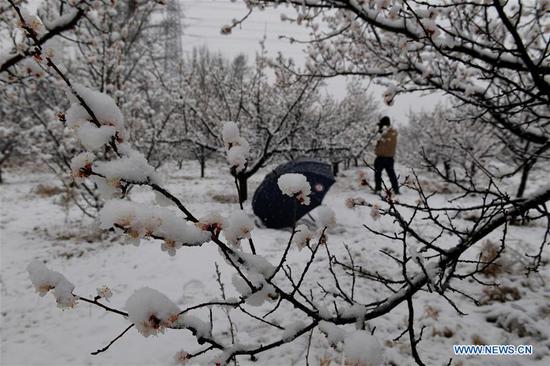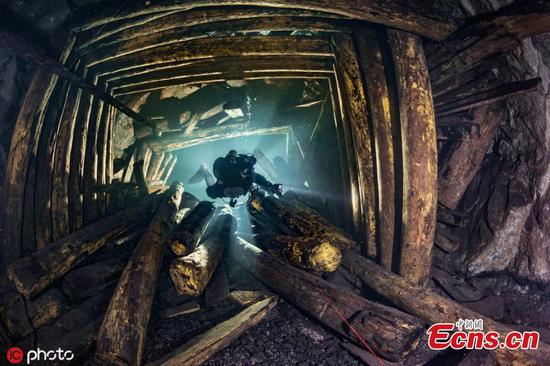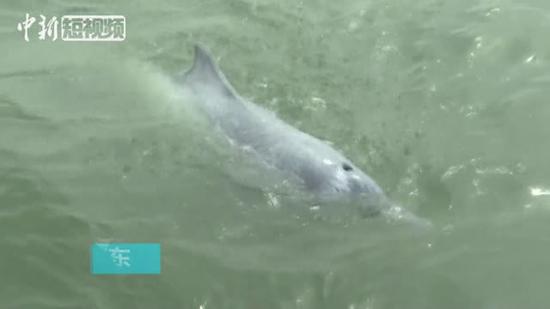Negotiated settlement still likely in trade dispute, says former policy chief
Experts expressed concern after U.S. President Donald Trump threatened to place tariffs on billions of dollars of imports from the European Union in retaliation for what he called unfair subsidies of Airbus planes, but they suggested the tariffs would not be imposed anytime soon.
On Tuesday, Trump tweeted: "The World Trade Organization finds that the European Union subsidies to Airbus has adversely impacted the United States, which will now put Tariffs on $11 Billion of EU products!"
"The EU has taken advantage of the U.S. on trade for many years. It will soon stop!" he wrote to his nearly 60 million Twitter followers. The proposed tariffs would cover not only Airbus planes, but also cheese, wine, woolen suits and numerous other European goods.
The threat comes amid a battle between Airbus and U.S.-based Boeing, which have accused each other of benefiting from unfair government subsidies.
The World Trade Organization has ruled in separate cases against Boeing and Airbus.
A statement on Monday by the Office of the United States Trade Representative said Airbus subsidies are costing $11 billion a year in lost market share for U.S. companies.
U.S. Trade Representative Robert Lighthizer said the case "has been in litigation for 14 years, and the time has come for action". He said the Trump administration is preparing to respond immediately when the WTO issues its findings on the value of U.S. countermeasures.
"Our ultimate goal is to reach an agreement with the EU to end all WTO-inconsistent subsidies to large civil aircraft. When the EU ends these harmful subsidies, the additional U.S. duties imposed in response can be lifted," he said.
Jo Leinen, a German member of the European Parliament, told Bloomberg, "Ultimately, the EU has to retaliate with extra tariffs on U.S. goods-the same amount of money."
He said the European Parliament has expressed its opposition to negotiation under U.S. pressure.
Gary Hufbauer, a nonresident senior fellow at the Peterson Institute for International Economics, a Washington-based nonpartisan, nonprofit institution, told China Daily he expects litigation in the WTO to continue for several months.
"This drama has a while to play out before tariffs are actually imposed, and a negotiated settlement- in the context of U.S.-EU trade talks-is a strong possibility," said Hufbauer, a former deputy assistant secretary for international trade and investment policy of the U.S. Treasury Department.
The threat by the Trump administration comes when Boeing is under great pressure. The Boeing 737 Max has been indefinitely grounded worldwide following two fatal crashes involving the aircraft just months apart that killed 346 people.
Zhang Haiyan, a professor at NEOMA Business School in France, said he does not think the Trump administration can legitimately impose tariffs on Airbus before the WTO arbitrators' decision, especially since the case is ongoing.
"If the EU takes a tit-for-tat approach, the trade conflicts between these two long-established partners will certainly be escalated, which could further slow down the recovery of the world economy," Zhang told China Daily.
He said the legal battles between Airbus and Boeing at the WTO have been going on for more than a decade and show that government subsidies to pillar industries are not an "exclusive practice" of government-driven economies.
"Therefore, it is not wise and fair to impose unilateral tariffs on their trade partners as a countermeasure for subsidies when it is a practitioner itself" of such a policy, he said.
The latest spat also comes at a time when the U.S. and China are expected to reach a trade deal after many rounds of high-level talks.
"I think the trade war with China is winding down to a truce, and Trump's focus in the summer and fall will be the EU, Mexico and the USMCA deal (the signed but not ratified U.S.-Mexico-Canada Agreement)," said Hufbauer.












